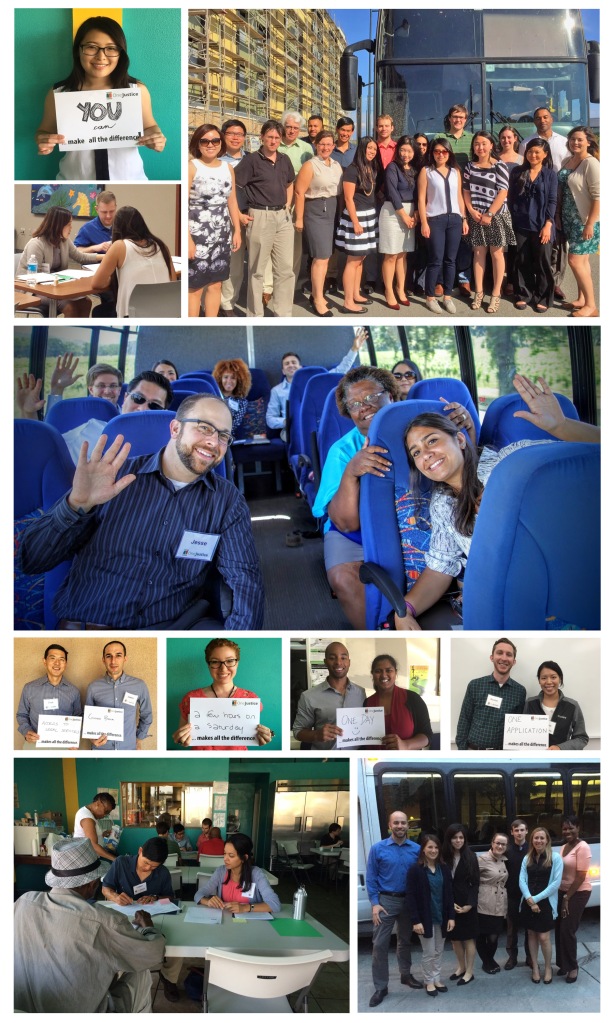OneJustice’s Board Chair Max Ochoa tells us about his love for justice.
We’re so excited to feature our Board Chair Max Ochoa this week! Max has served on our Board of Directors for over 7 years. Under Max’s leadership, our Board won the 2013 Prudential Leadership Award for Exceptional Nonprofit Boards, an award that honors the innovative and transformative work that nonprofit boards are doing to help position their organizations for success.
Thanks to his guidance and the incredible work and support of our Board of Directors, OneJustice can continue our commitment to equal access to high-quality civil legal aid. We asked Max to share with us a little bit about himself and what justice means to him.
Please join us in welcoming Max!
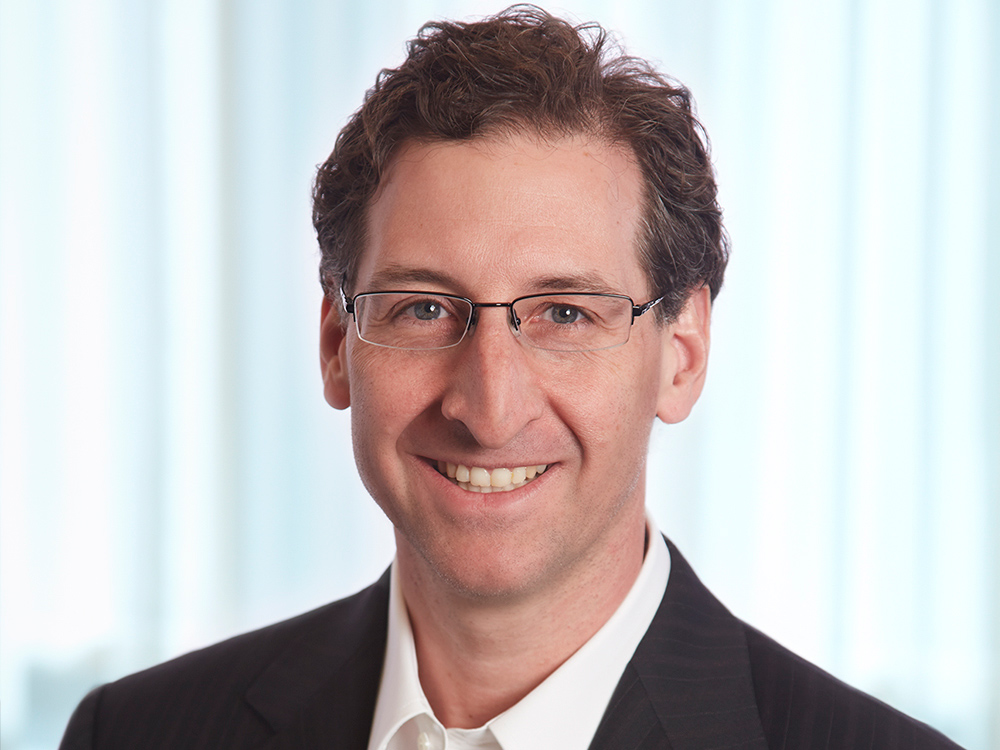
Max Ochoa, OneJustice Board of Directors Chair.
Thank you for joining us, Max! Tell us about yourself. How did you become involved with the organization?
I am the General Counsel & Chief Privacy Officer for Turn Inc., an advertising technology company based in Redwood City, CA. I’m also the proud father of two great kids, Catherine and Alex, and the lucky spouse to my wife, Julie.
I have been a proud member of the OneJustice Board since 2008. When I joined, I was a decade out of law school and had spent several years as in-house counsel for small technology companies. Working for small tech companies is great, but it isn’t always easy to find pro bono opportunities. I had been heavily involved in pro bono efforts at my law firm prior to going in-house, and I sorely missed the opportunity to serve.
Tell us why do you support OneJustice? Why is this organization important to you?
I joined OneJustice because I believe in the mission of increasing access to justice for California’s underserved. When poor, underprivileged, and disenfranchised people need the protection of the legal system, too often they are left to fend for themselves, with predictably unfair and life-shaking results. OneJustice works to ensure timely, free access to a lawyer whose help can make all the difference. That work is as important today as ever.
Max, we can’t thank you enough for your leadership — you inspire us! Why does justice matter? What is it? Why is it a part of our name?
Justice is fairness, justice is equal treatment under the law, justice is timely and affordable access to legal aid, justice is looking out for the oppressed. As Dr. Cornel West has observed, justice is what love looks like in public.
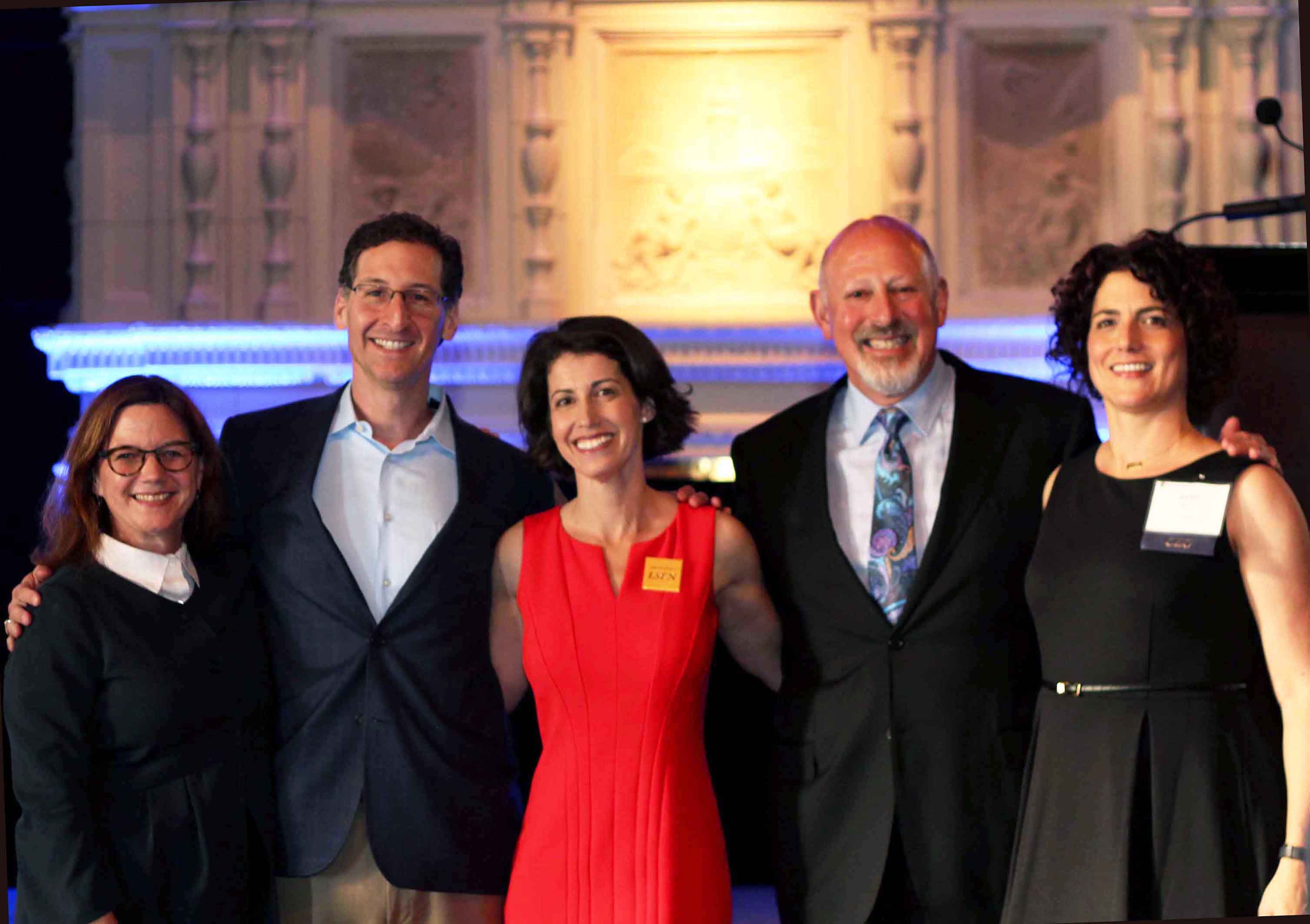
From left to right: Kathryn Fritz, OneJustice Board Chair Max Ochoa, Claire Solot, Martin Tannenbaum, and OneJustice Chief Executive Officer Julia Wilson at this year’s Opening Doors to Justice event.
For OneJustice, the mission is furthered by strengthening the legal system’s ability to deliver life-changing legal services when and where they are needed. We do this by training the leaders of legal services organizations throughout the state, making them more effective. We do it by putting attorneys where they are needed via efforts like the Justice Bus Project. And we’ll continue to do so by innovating and deploying talent, people, and technology where it’s needed most.
OneJustice fills a need in my life, in your life, and in the life of a just society. I’m proud to serve OneJustice and to support its work with my time and my money. Join us.
Thank you so much, Max, for your leadership!
This fall, the OneJustice Board of Directors has challenged our network to raise $50,000 before December 31st. Join us by making a donation today, and your gift will be matched by the Board, dollar-for-dollar, up to $50,000! That’s right – together we can bring $100,000 of free legal assistance to Californians in need!
 By: Katie Aragon, Silicon Valley Director of
By: Katie Aragon, Silicon Valley Director of 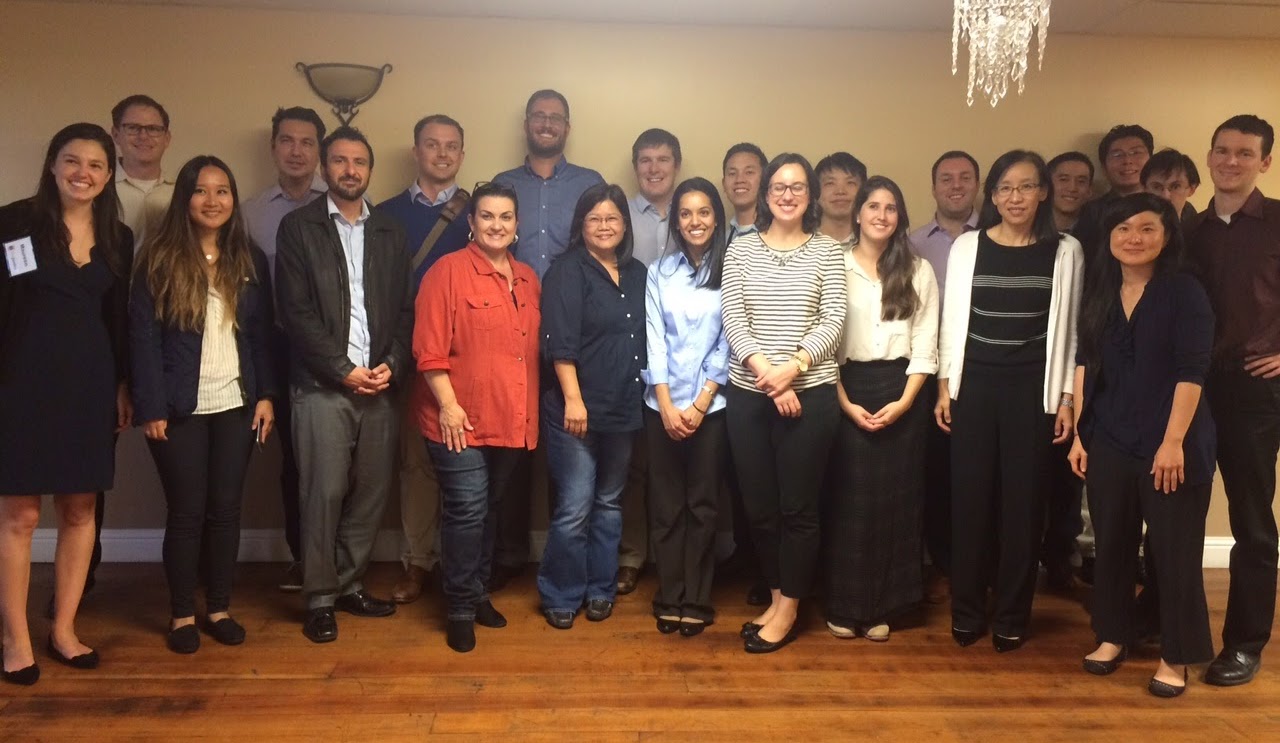
![[Photo: As a DreamSF Fellow, Miguel Castillo assist in outreach efforts for the Justice Bus Project and the Rural Justice Collaborative.]](https://onejusticeblog.files.wordpress.com/2015/09/miguel_cropped-e1443135735207.jpg)
![[Photo: As the Pro Bono Justice Program Intern, Brandon Marquez assists in outreach efforts for the Justice Bus Project and the Rural Justice Collaborative, which bring legal help to the Bay Area and around the state of California.]](https://onejusticeblog.files.wordpress.com/2015/09/brandon_cropped.jpg)
![[Photo: Toby Rothschild, Of Counsel to OneJustice.]](https://onejusticeblog.files.wordpress.com/2015/09/high-res_toby-rothschild.jpg)
![[Photo: Huffington Post]](https://onejusticeblog.files.wordpress.com/2015/09/o-justice-facebook-e1441744429264.jpg)
![[Photo: Legal Services Nonprofit leaders discussing trainings.]](https://onejusticeblog.files.wordpress.com/2015/09/1038-cropped.jpg)
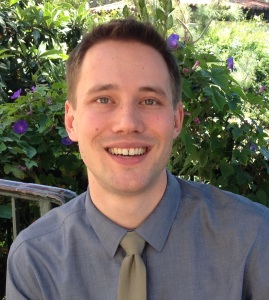
![[Photo: Hollister-CA]](https://onejusticeblog.files.wordpress.com/2015/09/hollister-ca.jpg?w=300)
![[Photo: Lowenstein Sandler LLP attorney volunteers assist a client with citizenship matters at the July 2014 clinic.]](https://onejusticeblog.files.wordpress.com/2015/09/photo-3-9.jpg?w=300)
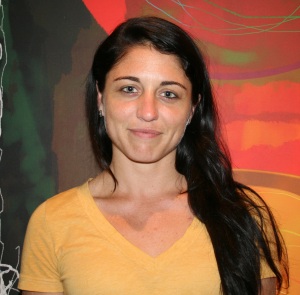
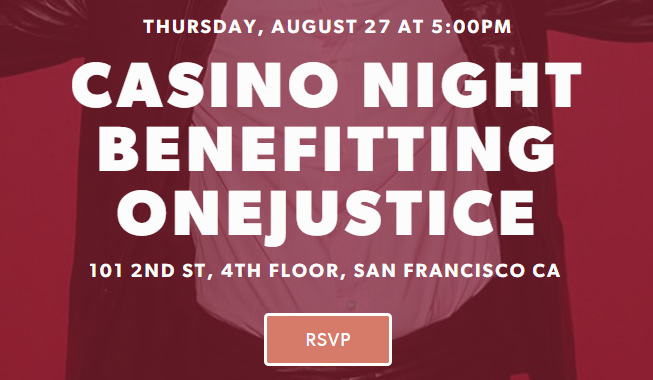
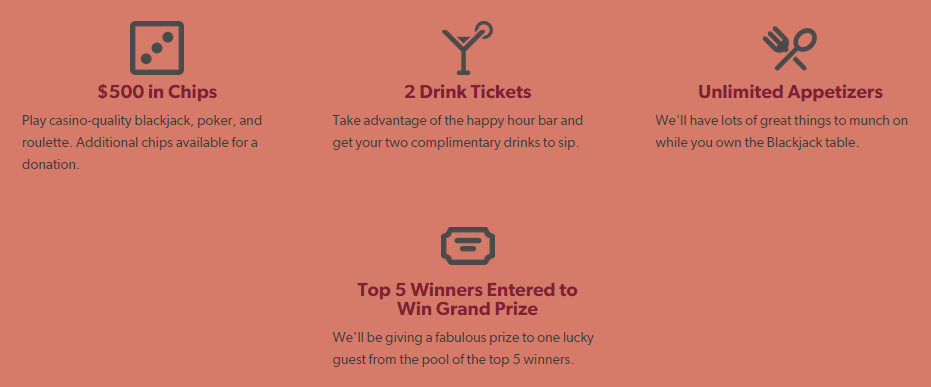
![[PHOTO: Elizabeth Schaffer, CFO at the Global Fund for Women and Executive Fellowship faculty.]](https://onejusticeblog.files.wordpress.com/2015/08/20110720elizabethschaffer_2.jpg)
